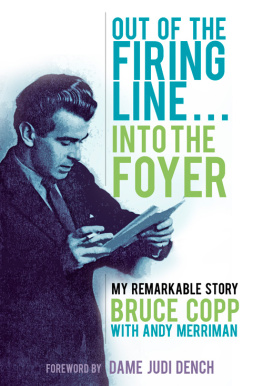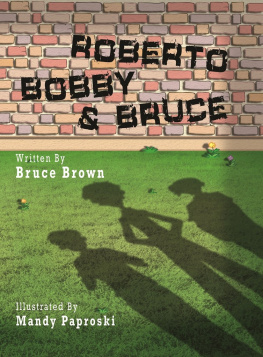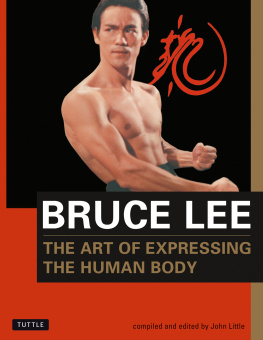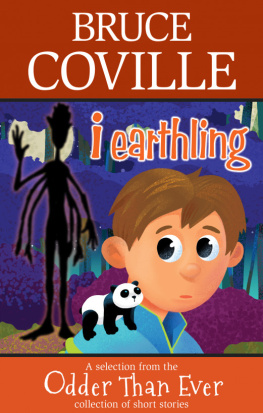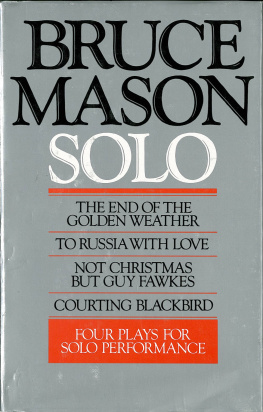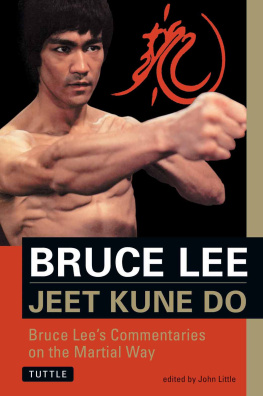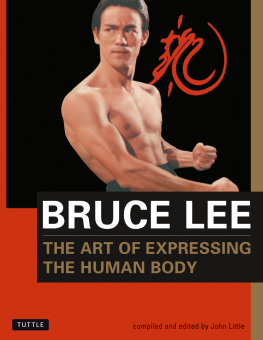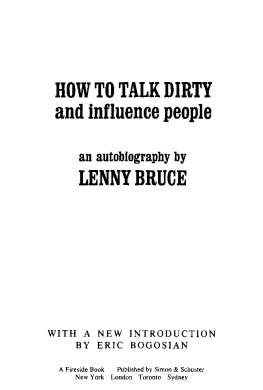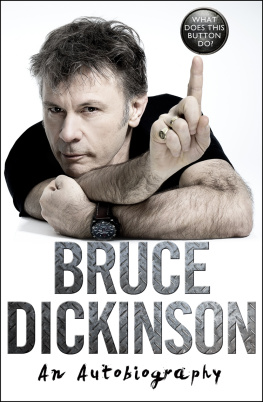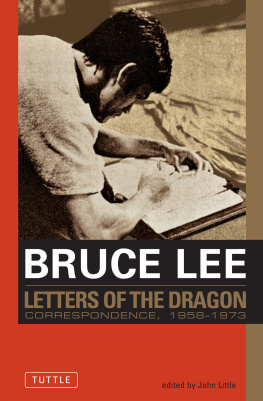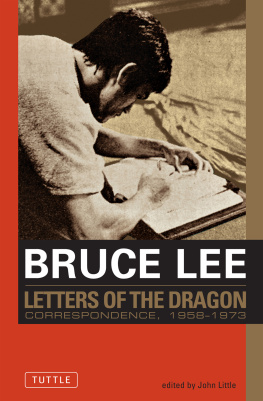
To my sister Diana,
who is still at my side
I am extraordinarily indebted to Philip Paxman for all his support and for persuading me to undertake this adventure. Also much thanks to the delightful Becky Duncan for all her hard work. Im appreciative to all at South Farm for their kindness.
Many thanks to the following for their contributions: Alan Bennett, Wendy Cook, Dame Judi Dench, Violetta Farjeon, Phyllida Law, Emma Malin, Joan Le Mesurier, Robin Le Mesurier, Donald Macleod, Penelope Niven, Jane Nye, Philippa Potts, George Potts, Maroussia Richardson, Carol Lindsay-Smith, Margot Lovatt-Smith, Peter Tatchell and Francesc Mas Vidal.
A special mention to Eliza Benge for her unbridled enthusiasm and invaluable assistance with her fathers material, as well as Maryvonne and Alfreda for their participation.
We have had valuable archive material provided by Sara Hodson (manager) and Sue Garwood (volunteer) at the Ilfracombe Museum and Tappan Wilder, Literary Executor of the Thornton Wilder estate.
And thank you to the National Portrait Gallery for their assistance with The Establishment image.
To all the staff at The History Press, especially Mark Beynon and Naomi Reynolds.
Grateful appreciation to my surviving siblings, my brother Tom Copp and my sister Diana Dodds, for their love and kinship.
I simply couldnt manage without the ministration of my dear friend and carer, Danny Duch. In fact, I feel sure hes keeping me alive!
And finally, of course, I am very grateful to Andy Merriman for putting my story together so skilfully and for making all my anecdotes and memories come alive.
Apologies to anyone Ive forgotten its my age you know
CONTENTS
FOREWORD
BY DAME JUDI DENCH
I am absolutely delighted to be able to contribute a foreword to this autobiography, for if ever a man deserved to have his story told then it is dear Bruce. He is a terribly modest man, and whereas there are those who indeed do have a lot to be modest about, Bruce is not one of them.
A reluctant war hero, he survived the North African campaign, thanks to a series of fortunate escapes in what he describes as my charmed life. Bruce then embarked upon a career in catering, which, although clearly not as dangerous as combat, occasionally found him in an atmosphere of conflict in the form of temperamental chefs, wayward waiting staff and naughty busboys.
Bruce is a quite wonderful cook, very much home on the range, and he went on to run a number of highly successful eating establishments. He was acknowledged nationwide for his expertise in managing theatrical restaurants and became something of a backstage legend. Bruces address book contains the names of more actors and actresses than Spotlight , and being the most sociable character, he has created lasting friendships with luminary writers, artists and performers.
We first met well over fifty years ago through my parents, who had connections with the lovely old York Theatre Royal where Bruce ran the restaurant. We have remained fast friends since then. Charming, generous and kind to a fault, he is the most adorable company, although its sometimes difficult to get a word in! Bruce is coquettish by nature, gloriously camp and a dreadful flirt with both men and women, but always utterly reliable and honourable.
Despite his protestations to the contrary, Bruce has led the most extraordinary life, and I am thrilled that he has finally committed his exploits and experiences to paper. I have no doubt that you will enjoy this deeply engaging book, which not only tells his astonishing story but also charts a personal, social history of nearly 100 years.
It was during the Battle of Sedjenane in early 1943 that I tried to commit suicide. I thought I could just walk into some machine-gun fire and have done with it. I could die very nicely and that would be that
The Tunisian campaign had been going on for several months and we were making an assault on one of the mounts, east of the town, which dominated the skyline. This was called Green Hill. A place Ill never forget. The attack had continued for two days and nights and I simply couldnt take any more. Despite being somewhat battle hardened by now, the idea of war still puzzled me. I couldnt understand what we were doing to each other. Id seen friends and comrades shot, blown up and maimed. How could men do this?
I was lying down behind a little clump of grass and suddenly thought, What am I doing here? I cant go on like this. I dont want to be part of it any more, its too much. It was as simple as that. Machine-gun bullets were going all over the place and the light was fading. There were so many tracer bullets fizzing around at all angles. And I thought if I walk into the line of fire, Id get it all over with. I stood up and strode forward expecting to be hit at any moment but I wasnt touched at all. I carried on for about 50 yards unscathed when I heard a voice calling out for help.
I looked to where the cries were coming and saw, lying on the ground, a seriously wounded man, very distressed and needing immediate attention. He had a terrible wound in his side. I couldnt leave him like that. All thoughts of my own fate were forgotten and I went to help him. I remember putting both his and my field dressings into his wound and, at that moment, the cry went up to retreat.
Later they gave me a medal for my actions. I told them that I was actually in the middle of a suicide attempt. They didnt believe me. I didnt think of myself as a hero. I was never much of a soldier. Looking back I never really wanted to hurt anyone I always aimed to miss and believe me, some of those great big German brutes were difficult to miss.
ONE
Childhood is measured out by sounds and smells and sights, before the dark hour of reason grows.
John Betjeman
Id better warn you, dear reader, before you start to tuck into my story, that there is an awful lot about food and restaurants in the book, and you might begin to feel a little peckish. I suggest, therefore, that an accompaniment of an amuse-bouche or a little nibble of some sort might help you digest the following couple of hundred pages. G.K. Chesterton once wrote, Poets have been mysteriously silent on the subject of cheese. I am by no means a poet, but I am certainly never silent on the subject of cheese or other kinds of foodstuff.
When I was a young boy, father used to send me on my bicycle down into the town a good 1 miles away to a butcher friend of ours, Mr Greenland, to purchase home-cured bacon for breakfast. It really was the most delicious bacon, and Ive never had anything like it since. Im afraid that I have to say that nothing tastes the same as in the old days. I suppose that you assume its because of my age that I think this way, but its not Im only saying it because its true!
My childhood was dominated by food as my parents ran a small hotel in Weston-super-Mare and I used to spend a lot of time in the kitchen with the chefs. Id watch them working, and they would let me do little jobs like washing the vegetables, slicing tomatoes and other things like that to help them. My father, although not a chef, was a very good amateur cook, and he turned the hotels restaurant into a place where people used to come for miles to dine. I was always amazed how the dining room was full of people day after day. This was the first time I saw how people reacted to food and how much enjoyment they took from the experience. When I was very young Id be sitting on somebodys lap and hed tell me he had come all the way from Bristol to eat at The Lake Hotel. I used to marvel at that, as up until then it had never occurred to me that people were interested in what they ate. It was pretty straightforward food, but the ingredients were the best my father could provide for his customers.
Next page
